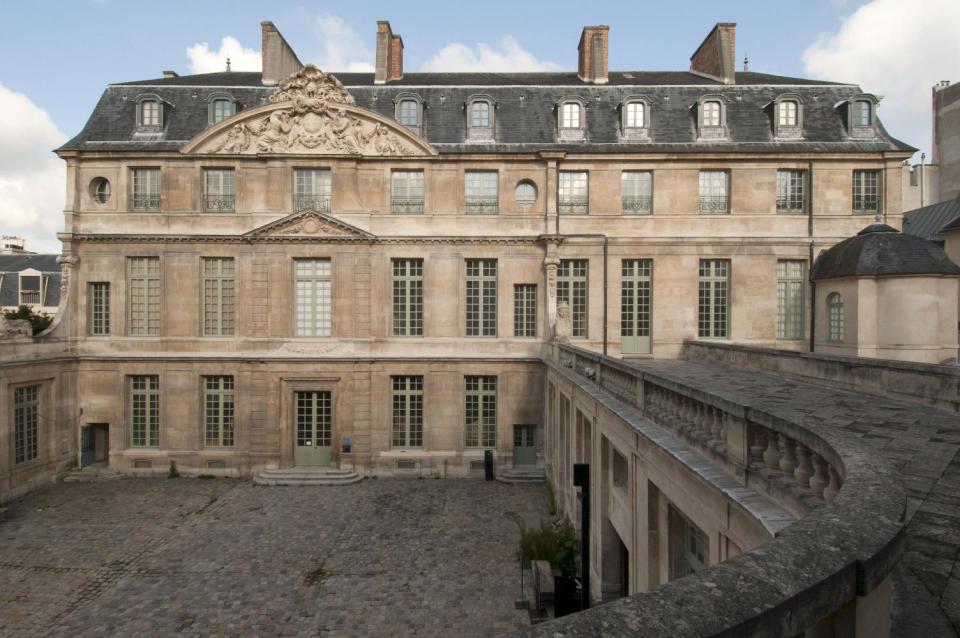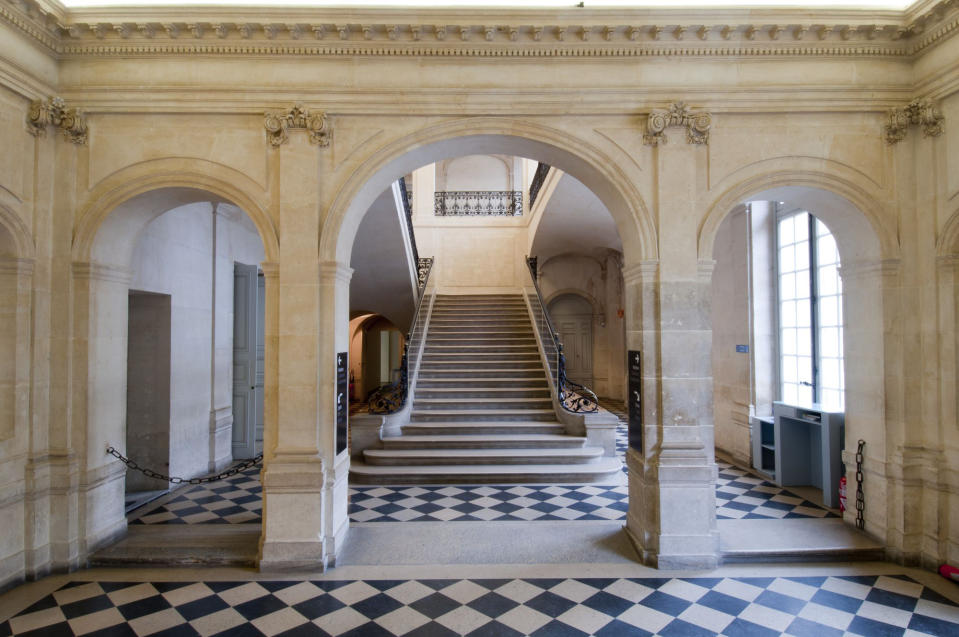Polemics over Picasso befuddle French authorities
PARIS (AP) — Paris proudly hosted Picasso for decades, but two controversies around the artist's legacy are now haunting French officials.
One centers on the Paris Picasso Museum, where renovations have dragged for five years amid accusations of mismanagement, labor problems and clashes between the artist's family and the French government. The re-opening has now been pushed back until September — after the summer tourist season.
The other is about the fate of a Left Bank studio where Picasso lived and worked for 19 years, and painted his famed anti-war opus "Guernica" in 1937. A historic preservation panel is meeting Tuesday to decide what's next.
As with many of the Cubist great's works, little is as it first appears.
A legal group has owned the 17th-century manor containing the studio since before Picasso worked there, and now wants to renovate it — perhaps as a luxury hotel.
Some high-profile art lovers are up in arms and say the studio deserves state protection from re-development. The case has raised questions about whether the birthplaces of great art — not just the works — deserve state protection from re-development as part of national heritage.
The Culture Ministry last year ordered a one-year pause to any development while officials consider the implications. That expires in July.
The panel meeting Tuesday may put it on a national register of historic sites, which could make any redevelopment more costly and time-consuming at the least.
A group of artists and actors including Britain's Charlotte Rampling have signed on to a petition decrying any possible redevelopment.
Pablo Picasso spent 19 years living and working in the Hotel de Savoie, as the manor is known. A plaque out front notes how "Guernica," his famed painting decrying Spanish Civil War bloodshed, was painted there in 1937.
Whatever officials decide, the redevelopment "will in no way impact the historic character of the building," said Alexandra Romano, a spokeswoman for the site's owners. She declined to specify the "several" development plans being considered, adding, "This battle doesn't honor the legacy of 'Guernica'."
Alain Casabona, an official at the state-backed National Committee for Arts Education, says the owners want to make the building a hotel. The committee enjoyed free office space in the studio for a decade.
Casabona was quoted in Le Parisien newspaper as suggesting that the birthplace of "Guernica" might become a "jacuzzi suite." He later told The Associated Press he was being provocative with that remark.
Two French cultural officials, speaking on condition of anonymity because they weren't authorized to discuss the matter publicly, said the studio bears no visible traces of Picasso's presence. One noted that the artist was evicted in 1955 for not paying his rent.
Culture Minister Aurelie Filippetti's office said last week that she favors stronger protections for the site, and instructed envoys to the preservation panel to vote to put it on a historic register.
Filippetti has a bigger public headache when it comes to Picasso.
Claude Picasso, the painter's son, has spoken out this month to denounce delays in reopening Paris' Picasso Museum, one of the city's premier art attractions.
The 52-million-euro (about $72 million) renovation of the Hotel de Sale, in the celebrated Marais district, is set to double the possible number of visitors and allow for the presentation of 400 artworks in 37 rooms, the ministry said.
Speaking to Le Figaro earlier this month, Claude Picasso said Filippetti had told him that troubles getting security guards in place, as required under French regulations, were behind the delay. Picasso said he couldn't understand that, and that he had the impression France "doesn't care" about him or his father.
Filippetti's ministry then lashed out in a statement at "erroneous" media reports about the delay, and called on "everyone to get past personal interests" and get enthusiastic about the upcoming reopening.
"No polemic will sway the state from its mission" to protect and display national heritage, and to ensure proper workplace conditions and completion of the renovation, the statement said.
The museum's beauty and rich collections, it said, will "in no way suffer from an opening in September."




